RISHI SUNAK has said his upcoming visit to India for a G20 summit early next month will be “special” as Britain’s first Asian prime minister returns to the homeland of his grandparents.
Sunak is scheduled to travel to New Delhi in September – his first as prime minister since taking charge on Diwali last year.
He will meet his counterpart, Narendra Modi, as well as other world leaders.
In an interview on Tuesday (15), the prime minister said, “I'm excited. I'm always excited to visit India, but particularly in this way will be special.
“I'm a representation of the living bridge between our two countries.
“So. it will be a particularly memorable moment and meaningful to me, personally, and I hopefully will speak to the 1.7 million British Indians who are here and also a part of that living bridge.”
Sunak travelled to Cambridge on Tuesday, which was also India’s independence day.
The prime minister attended a religious discourse (katha) by a renowned spiritual leader, Pujya Morari Bapu, who is revered for his talks on the Ramayan, the Hindu holy scripture.
The week-long event is being hosted by Conservative peer, Lord Dolar Popat, and his family at Jesus College.
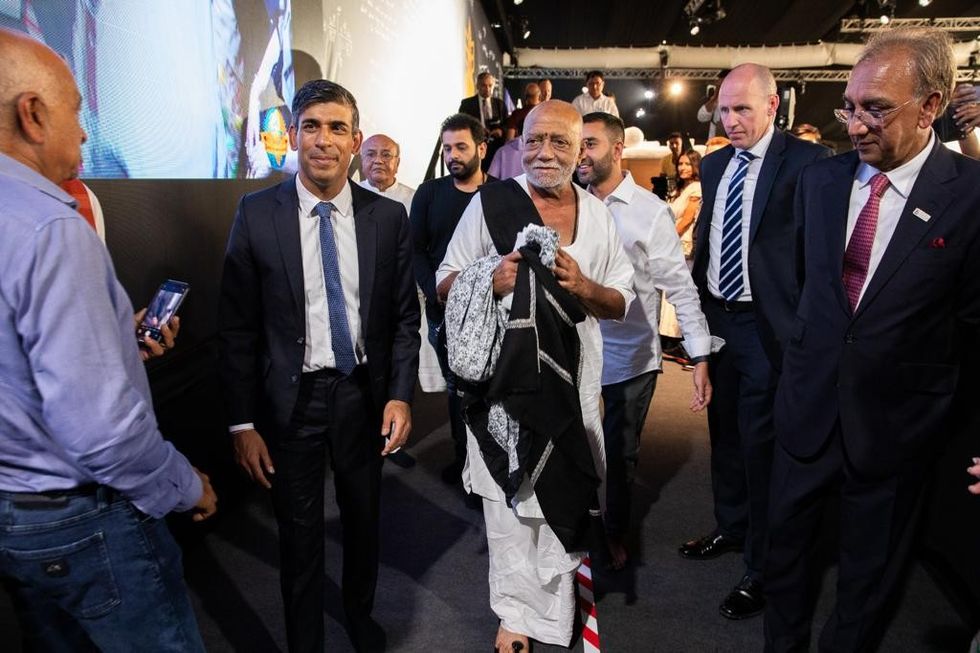
Sunak told the 500-strong gathering, “I am here today not as a prime minister, but as a Hindu.
“For me faith is very personal.
“It guides me in every aspect of my life.
“Being prime minister is a great honour, but it is not an easy job.
“There are difficult decisions to make, hard choices to confront and our faith gives me courage, strength and resilience to do the best that I can for our country.”
He added, “For me, it was a wonderful and special moment to light diyas for Diwali outside 11 Downing Street, back when I was chancellor.
“And just like (Morari) Bapu has a golden Hanuman in his background, I am proud that a golden Ganesha sits gleefully on my desk at 10 Downing Street.
“It is a constant reminder to me about listening and reflecting on issues before acting.”
Childhood faith
Sunak recalled his childhood in Southampton where he visited his neighbourhood temple with his siblings and participated in Hindu rituals, havans, pujas, artis and distributed prasad (offering of food) with his family.
“Our values and what I see (Morari) Bapu does each day of his life are the values of selfless service, devotion and keeping faith,” the prime minister said.
“But perhaps the greatest value is duty or seva, as we know it.
“These Hindu values are very much shared British values.”
Sunak took part in an arti (prayer) and made a floral offering to Pujya Morari Bapu, with a salutation of “Jai Siya Ram”.
The prime minister also offered food as prasad to 50-100 volunteers at the katha.
He described how he was guided by the Hanuman Chalisa and said, “I leave here today remembering the Ramayana that Bapu speaks on, but also the Bhagvad Gita and the Hanuman Chalisa.
“And for me, Lord Ram will always be an inspirational figure to face life’s challenges with courage, to govern with humility and to work selflessly.”
“Bapu, with your blessings, I aspire to lead in accordance with how our scriptures have taught leaders to lead.”
In an interview with Eastern Eye on the sidelines of the Cambridge katha, the prime minister spoke about the importance of faith, his memories of his grandmother and progress on the free trade agreement with India.
NHS tribute
He also paid tribute to the generations of Asian migrants who worked in the NHS (including his GP father and pharmacist mother) and the support of the community.
Sunak said, “We're really proud of the support we have from the British Asian community.
“I personally have been humbled and touched by it, the personal support I've received from the Asian community, the Hindu community.
“It's given me strength and support in this job I have to do, which is not an easy job, and I draw my faith to help me do that.
“But I also draw on the support of everyone who's willing me to succeed as many people from the community are.”
He added, “I'm sitting here, as prime minister and the first leader of the Conservative Party and the first prime minister from my background.
“That tells you that we as a party care deeply about this, but ultimately, I'm delivering for the whole country.
“I've set out a set of priorities that will benefit everyone, no matter what their background is.
“My vision of the type of country I'm trying to build is one - where regardless of your background, regardless of where you grew up, or your parents do - that you've got every opportunity to succeed in life, and build a fulfilling, purposeful, prosperous life for you and your family.
“That's what I'm striving to achieve in the job.”
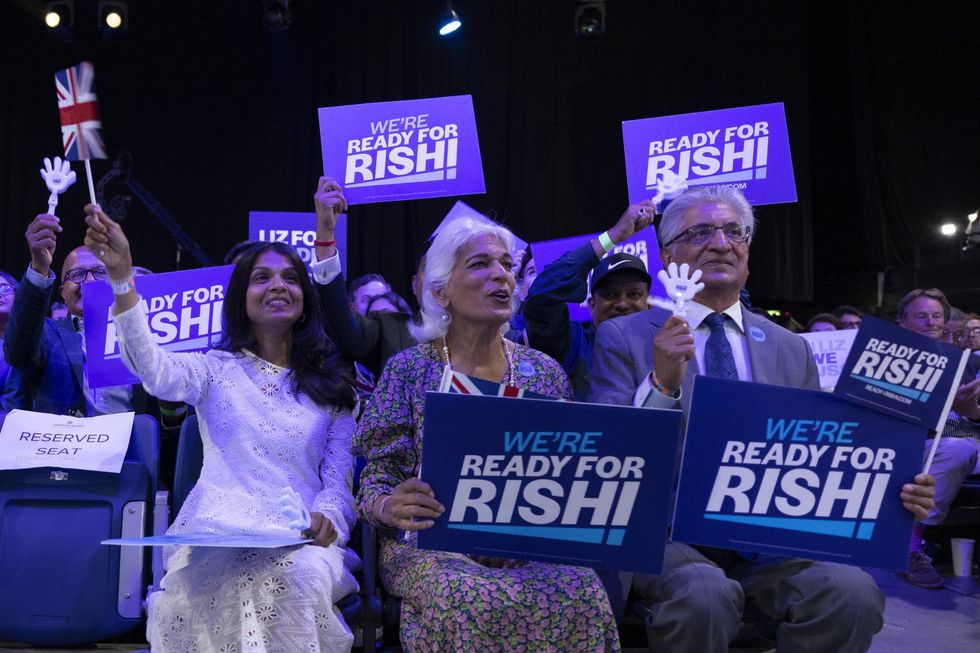
Sunak narrated playing video tapes for his paternal grandmother of the Indian television drama, the Ramayan and said, “that is actually quite a very special memory for me.”
He also revealed listening to the Hanuman Chalisa (religious hymns sung for Lord Hanuman) and said the “story of Hanuman is inspiring, as I have a tough job.”
“Everyone in these jobs has different things they draw on to give them strength, courage, resilience and for me, part of that is the story of Hanuman and the Hanuman Chalisa, in particular.”
Trade talks
Sunak’s visit to India comes amid ongoing discussions to seal an FTA with India.
In recent months India’s commerce minister was in London where he met business and trade secretary Kemi Badenoch.
Health secretary Steve Barclay is scheduled to travel to India this weekend, followed by Badenoch, according to some reports.
The prime minister told Eastern Eye, “With regard to the FTA, I've had very good conversations with prime minister Modi, about our shared commitment to conclude a good FTA.
“I've always said with all FTAs, I don't want to put arbitrary deadlines on them, because we should focus more on the quality than rush things for the sake of it.
“But both he and I are committed to it. The teams are talking, and we look forward to making progress.
“Trade agreements are big and complex things; they cover all sectors and the economy.
“Both the prime minister (Modi) and I share a desire for this to be an ambitious and comprehensive trade deal, not something that is superficial.
“That's why it takes time to get it right, it's got to work for both sides.
“It can be a fantastic opportunity for both Brits and for Indians, for British companies for Indian companies, but again, it takes time for a successful and comprehensive ambitious trade deal that works for both sides.”
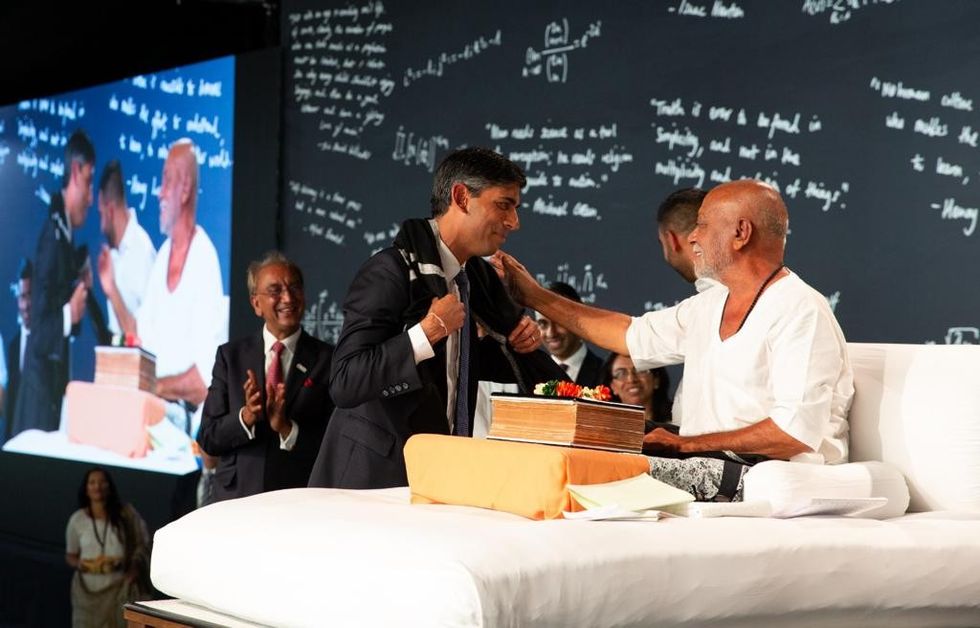
With both India and Pakistan celebrating their independence days (15 and 14, respectively), Sunak reflected on the shared history between the subcontinent and the UK as well as looking to the future.
He said, “It's one thing talking about a shared history.
“But actually, I think what we need to do is all look forward, and that's why things like the FTA are so important.
“It's about how do we strengthen the relationship between our countries for the future, making sure that young people growing up in India or indeed in the UK, get the opportunity to study to travel to work in each other's countries, our businesses are doing more together, there are researchers collaborating more to work on solving the problems of the future.
“I think there's an enormous opportunity in all of that, that's what I'm excited to play a part in helping to bring about.”
Achievements
And as the NHS turned 75 last month, the prime minister acknowledged the contribution of Asian doctors, nurses and other healthcare workers.
“The message I have for all NHS staff is thank you for the incredible job you do,” he said.
“I grew up in an NHS family, I'm part of a community of people whose parents or family work in the NHS.
“It's really personal and important to me, I see the impact these people make every single day every single week. I saw it growing up; I see it in this job.
“I'm very grateful to them. And that's why this government and I are backing them with record funding.
“For the first time in 75 years, the NHS now has a long term workforce plan so that we are investing in training the doctors and nurses we need for years to come.
“That's never happened before, and I've done that; it's something I'm proud of and I think it will be one of the most significant things I've done as prime minister.
“It will make a long term difference and mean that the NHS has fantastic people for decades in the future.”
While at the katha, Pujya Morari Bapu praised Sunak’s achievement as the first Asian prime minister and noted that his name was derived from the revered sage Rishi Shaunak.
Morari Bapu also presented a consecrated Shivling from Somnath as a sacred offering from the Jyotirlinga Ram Katha Yatra.
With additional reporting by Rithika Siddhartha.
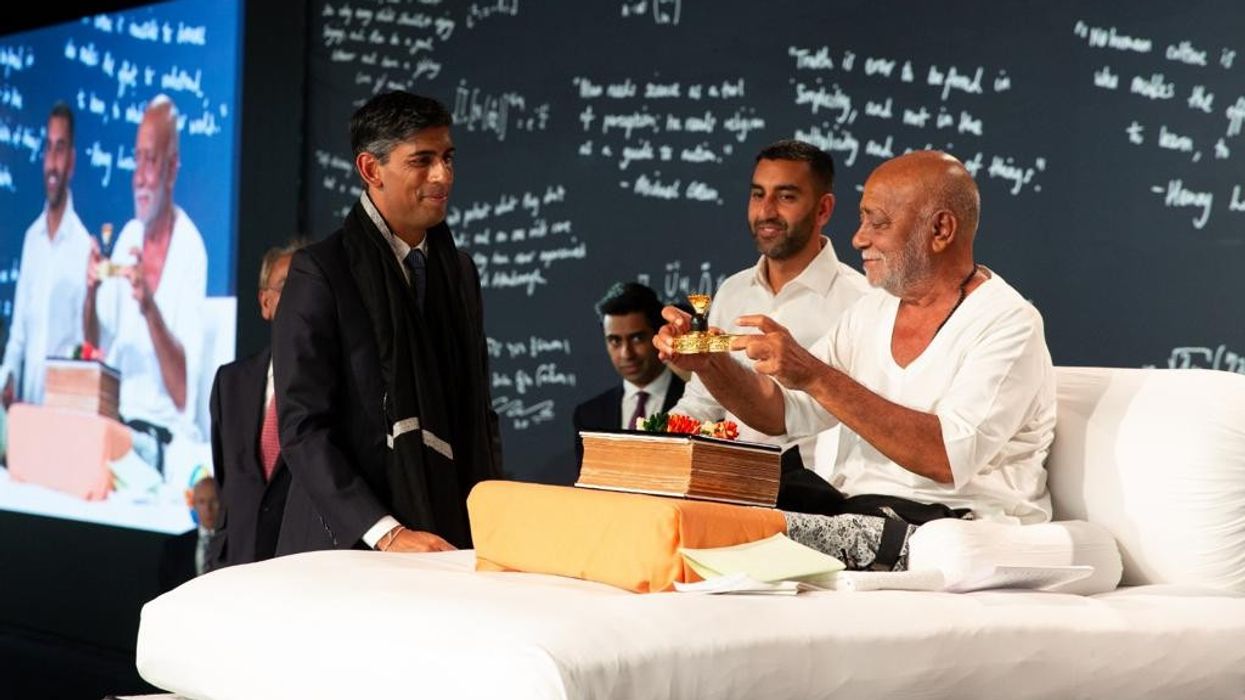
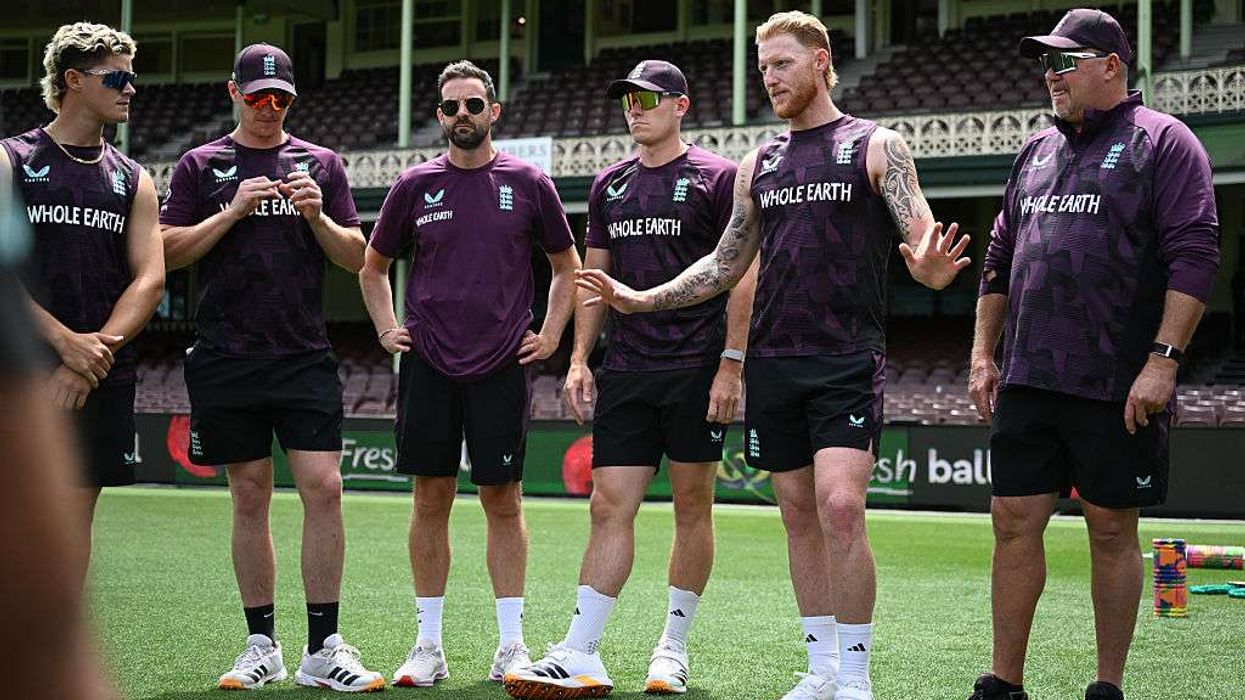
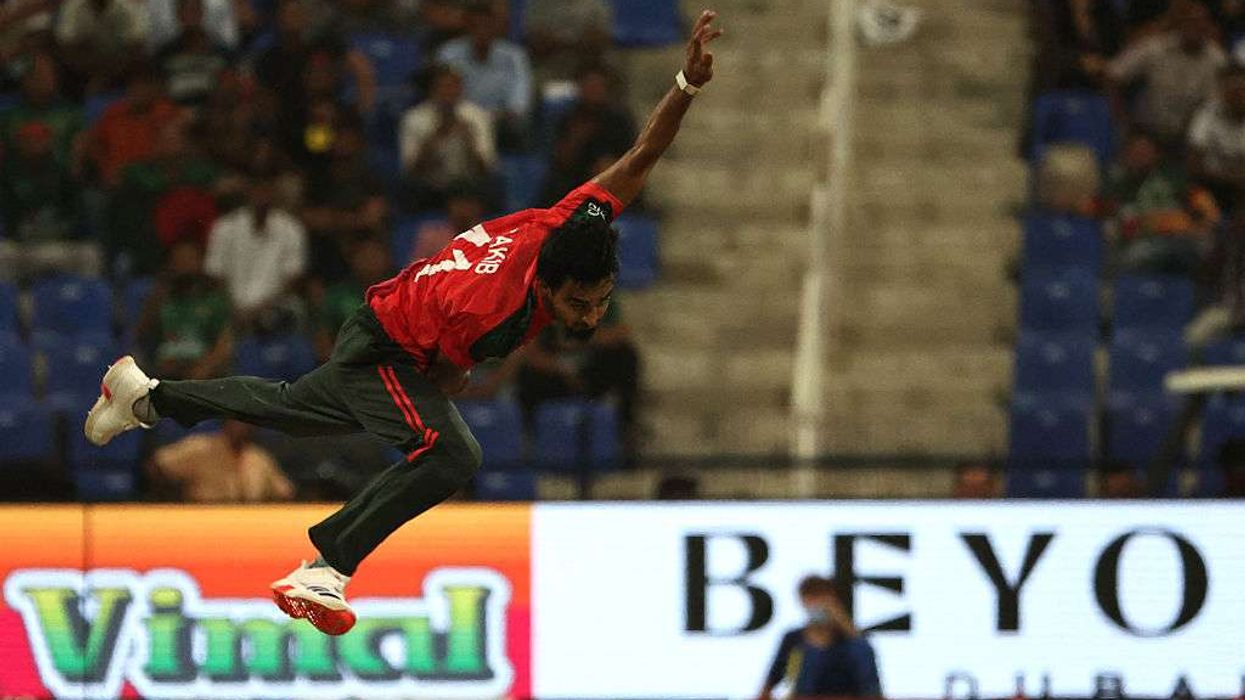
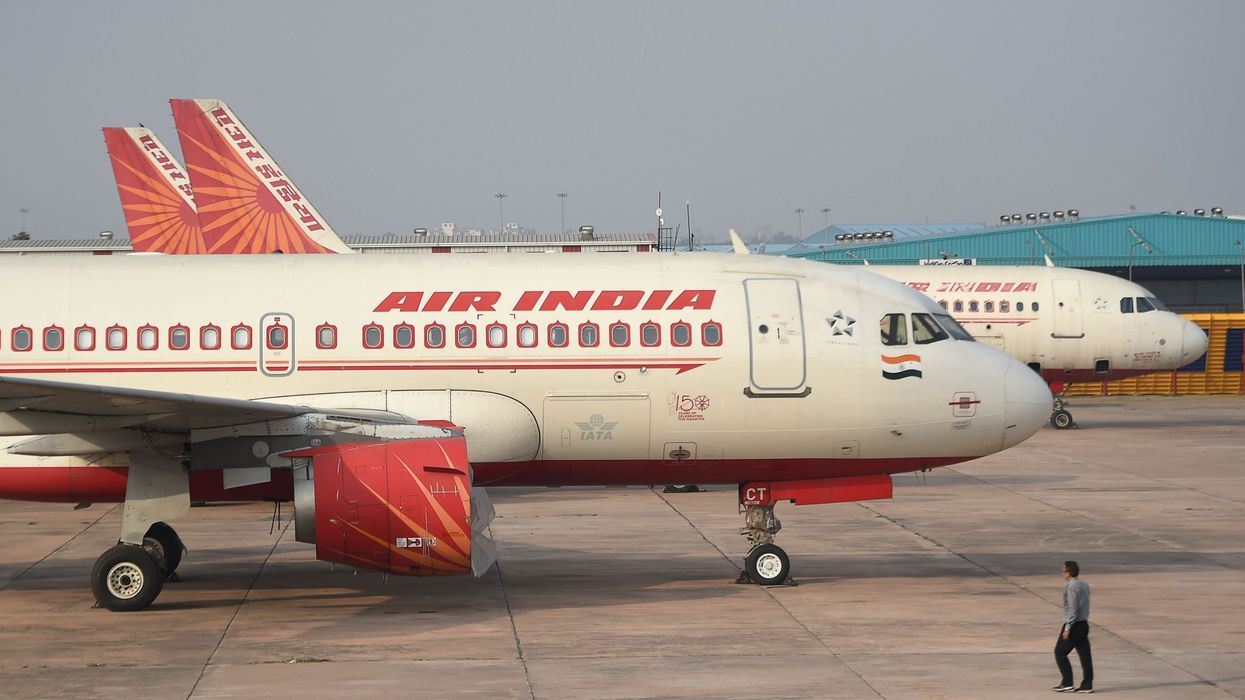

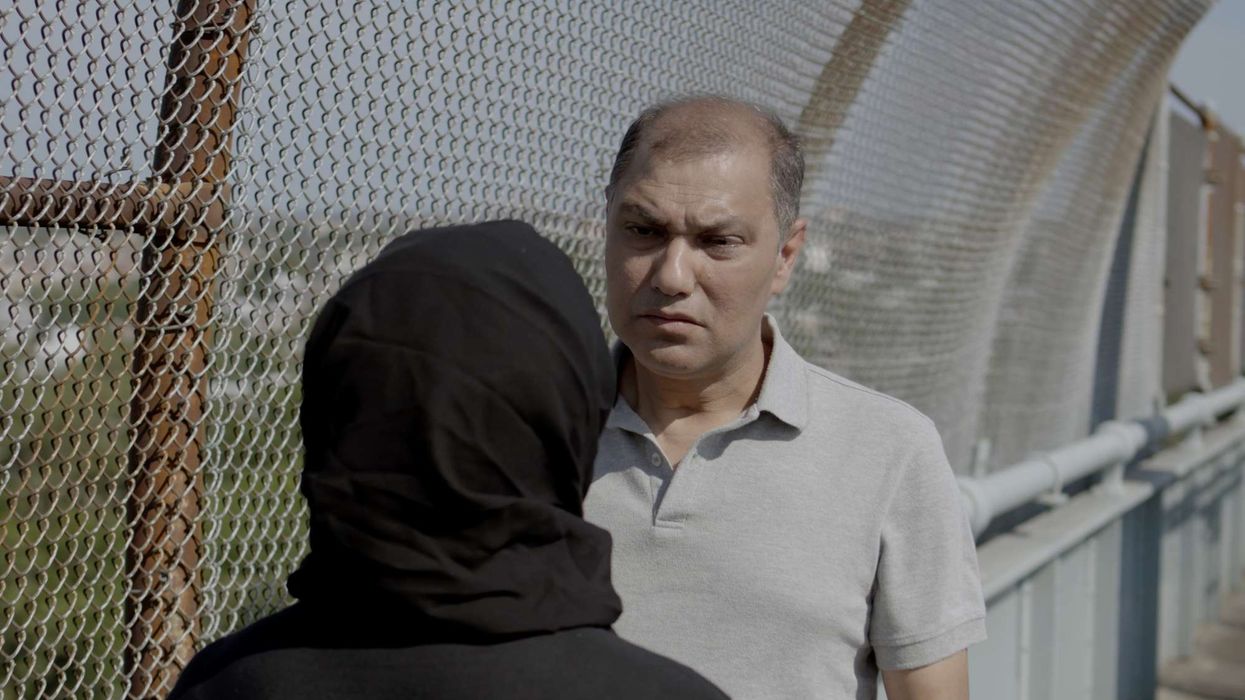
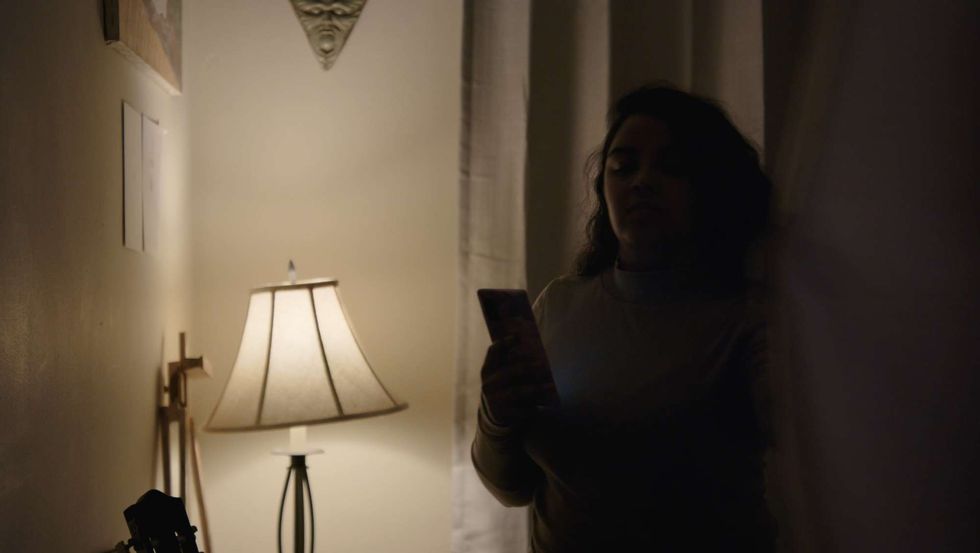 One of Elijah’s strengths lies in its visual disciplineImage Maker Films
One of Elijah’s strengths lies in its visual disciplineImage Maker Films





